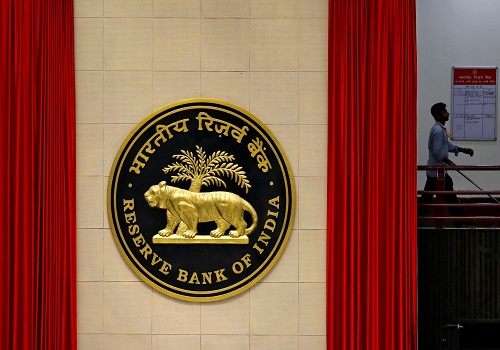Banking laws amendment bill set to boost consumer experience, protect people

In a significant move to enhance customer experience and protect citizens, the Lok Sabha on Wednesday passed the Banking Laws (Amendment) Bill, 2024, which allows bank account holders to have up to four nominees in their accounts.
The higher number of nominees aims to reduce unclaimed deposits in banks.
Finance Minister Nirmala Sitharaman said that depositors will have the option of successive or simultaneous nomination facility, while locker holders will have only successive nominations.
Another sweeping change relates to redefining 'substantial interest' for directorships, which could increase to Rs 2 crore instead of the current limit of Rs 5 lakh, which was fixed almost six decades ago.
"India's banking sector is critical to the nation. We can't let even one bank struggle. Since 2014, we have been extremely cautious that banks remain stable. Our intention is to keep our banks safe, stable and healthy, and in 10 years everyone is seeing the outcome which in turn is benefiting the economy," said FM Sitharaman during the debate.
"Banks are being professionally run today. The metrics are healthy so they can go to the market and raise bonds, raise loans and run their business accordingly," she said.
Here are the salient features of the banking laws amendment bill:
- The Banking Laws (Amendment) Bill, 2024 allows for the nomination of up to four persons, including provisions for simultaneous and successive nominations regarding deposits, articles in safe custody, and safety lockers
- Allows to increase the threshold for shareholding of a beneficial interest by an individual, etc., to Rs 2 crore from Rs 5 lakh
-- Revises the reporting dates for the submission of statutory reports by banks to the Reserve Bank of India, so as to align them to the last day of the fortnight or the month or the quarter
- Increases the tenure of Directors (excluding the Chairman and whole-time Director) in cooperative banks to 10 years from 8 years
- Allows a Director of a central cooperative bank to serve on the board of a state cooperative bank
- Seeks to give greater freedom to banks in deciding the remuneration to be paid to statutory auditors.
























